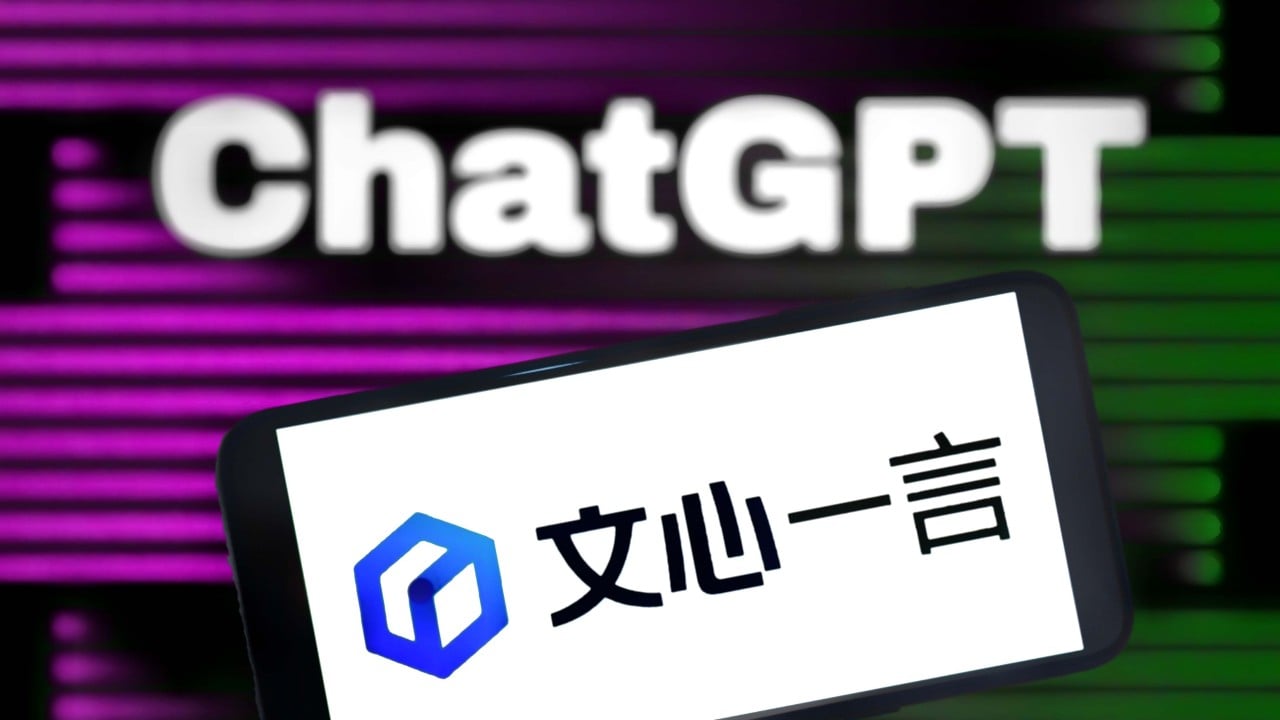In contrast to the prevailing large AI language models, Little Girl showcases the capacity to autonomously assign tasks, spanning from exploring her environment to organizing spaces and eliminating stains independently. Endowed with emotions and intellect, she also exhibits the ability for self-directed learning.
A video unveiled by BIGAI spotlighted Little Girl’s cognitive prowess as she strives to grasp the societal norms instilled by humans. She demonstrates the capability to differentiate between right and wrong, articulate her viewpoints in various scenarios, and influence future outcomes.
The Conundrum: Extinction or a New Era with AI-driven Civilization?
Little Girl’s performance in conventional artificial intelligence benchmarks and practical exercises mirrors that of a three or four-year-old child. Through interactions with her surroundings and human counterparts, she continuously hones her skills, knowledge, and ethical values.
A critical facet of comprehensive intelligence, as outlined by a researcher, entails possessing practical and social acumen akin to humans. An AI entity guided by its inherent values should not only excel in diverse tasks but also possess the autonomy to establish new objectives.
“To advance towards achieving comprehensive artificial intelligence, we must cultivate entities capable of understanding the real world and harboring a diverse skill set,” emphasized Zhu Songchun, the director of BIGAI.
Zhu, a prominent figure in the realm of AI with a background of 28 years in the United States, relinquished his professorship at UCLA in 2020 to establish BIGAI in China. His expertise spans general artificial intelligence, computer vision, autonomous robots, and related fields.
Recognized with esteemed accolades such as the ONR Young Investigator Award from the US Naval Research Laboratory and the Marr Prize from the International Conference on Computer Vision, Zhu has undertaken significant roles such as chairing the Conference on Computer Vision and Pattern Recognition (CVPR) and serving as the vice-director of the IEEE Computer Society Fellow Evaluation Committee.
The Tong Test, a pioneering AI evaluation platform introduced by Zhu’s team in the Engineering journal hosted by the Chinese Academy of Engineering (CAE) last year, was also presented at the event. This innovative test surpasses traditional assessments by encompassing a broad spectrum of capabilities across vision, language, cognition, motion, and learning, along with a comprehensive value system that includes physiological, emotional, and social dimensions.
Encompassing nearly 100 specialized tasks and over 50 general tasks, the Tong Test furnishes a comprehensive evaluation framework for propelling general artificial intelligence development. By underscoring practical skills and values, this test aims to enrich AI’s integration into human environments effectively and securely.
Zhu articulated, “Our research strives to expedite the efficient and safe augmentation of general AI capabilities, ensuring its advantageous integration into human society.”










